Oh dear. It is never a good idea to keep sweeping stuff under the carpet when everyone suspects – or knows – there is a problem.

It is only ever a matter of time before someone wanders across to the suspicious mound, calls the gathering crowd over and raises the carpet edge to take a good look.
Often, there is not as much hidden dirt as people imagined, but by that point the damage has been done. The very act of trying to downplay or hide the issue, especially if over a lengthy period, is seen as evidence of wrongdoing – as RICS discovered to its cost this week following the allegations in The Sunday Times of serious corporate governance issues that had left it exposed to “unidentified fraud” and “financial misreporting”.
As Property Week went to press, property bosses had just held an emergency meeting with RICS to try and resolve the crisis engulfing the 152-year-old royal institution. Sources would only tell us on Wednesday that the talks had been “constructive”. Let’s hope that’s the case because the responses so far from RICS to the escalating crisis leave a lot to be desired.
Last week, following a letter from four former RICS presidents calling for an independent review, RICS misguidedly decided to double down on their ‘there’s nothing to see here’ stance, stating loftily that “an external review of past matters is not necessary”.
This sort of response just doesn’t cut it. It is no surprise that by Tuesday, industry bigwigs including the chair of the powerful Windsor Group (where many former RICS presidents hail from) were meeting with RICS for crisis talks or that while RICS had not, as Property Week went to press, acceded to calls for a further review, it now appears to be in full reverse ferret mode.
Property Week understands president Kathleen Fontana, interim chair of the governing council Chris Brooke and chief executive Sean Tompkins are now frantically engaging with members and stakeholders in a bid to assuage their concerns. About time too. The four directors who sounded the alarm were dismissed for their troubles 14 months ago.
RICS may feel it had implemented appropriately robust measures to address the audit findings and then drawn a line under the matter with two further audits, but it has not addressed concerns about the seemingly heavy-handed treatment of the directors – or mounting confusion and anger among members over how it is run.
Members have always periodically grumbled about the body. This time, their voices are louder than usual. Members are taking the view there is no smoke without fire, when there might not be any fire – or it might only be a small one. If RICS doesn’t ditch the obfuscation and dissembling and get a handle on this, quickly, it risks undermining its many recent achievements in relation to issues such as climate change, keeping markets open during the pandemic, valuation and cladding.
RICS admits its communication could have been better. That is an understatement. Now, it must not just improve that communication but open itself up to scrutiny and prove it has nothing to hide. As one source close to the situation says: “Why not welcome an independent inquiry? There are so many globally important issues in the built environment that RICS continues to lead on, why not clear the air?”
Why not indeed?























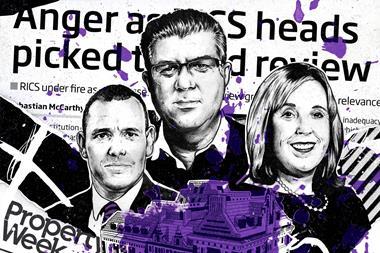
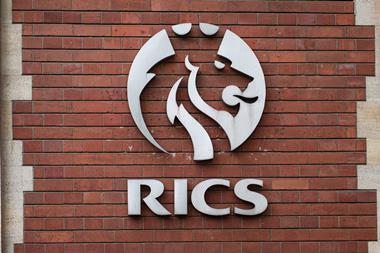
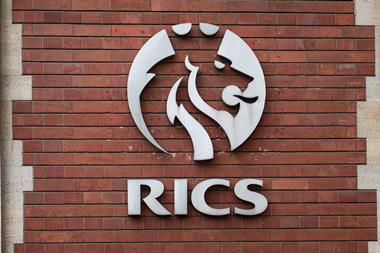
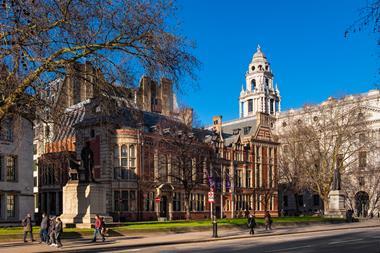
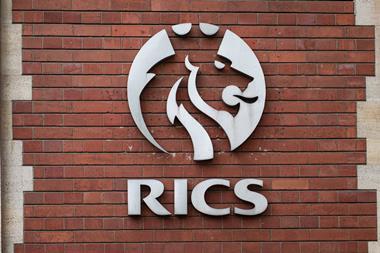
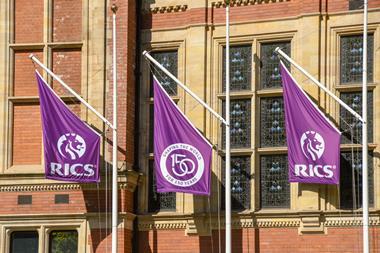
1 Readers' comment